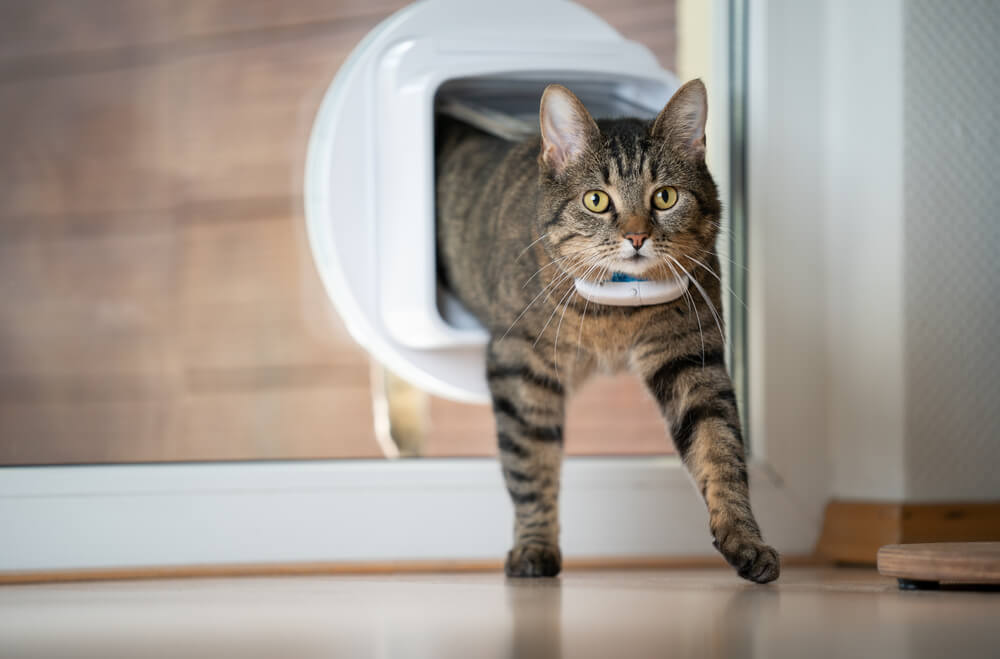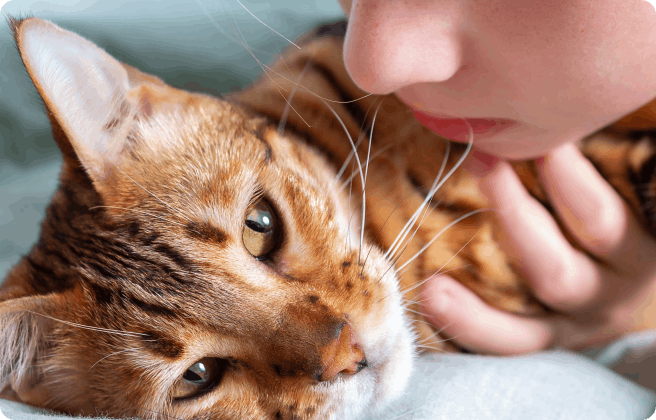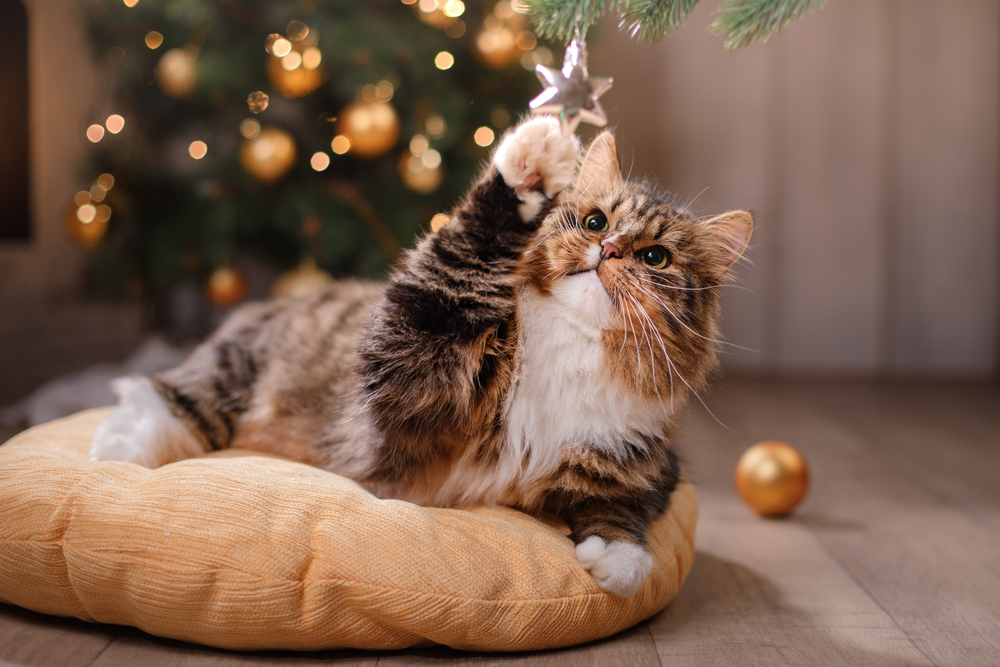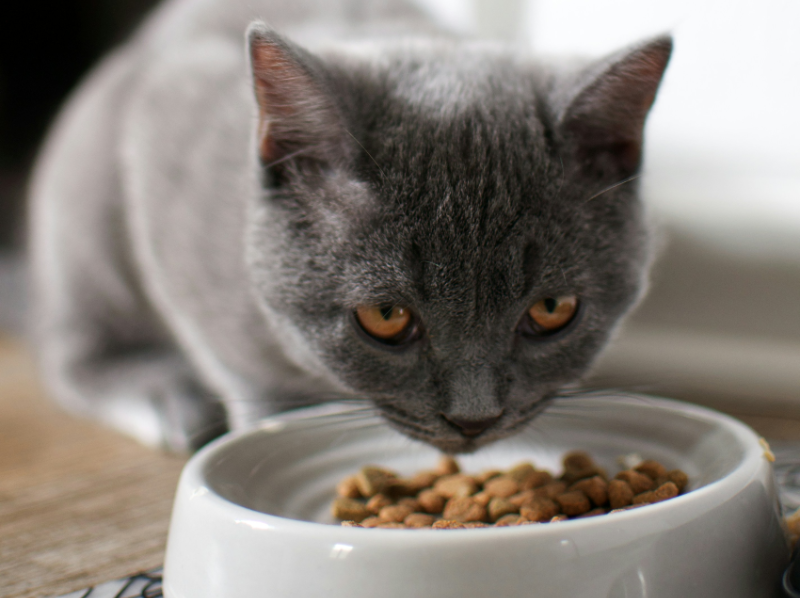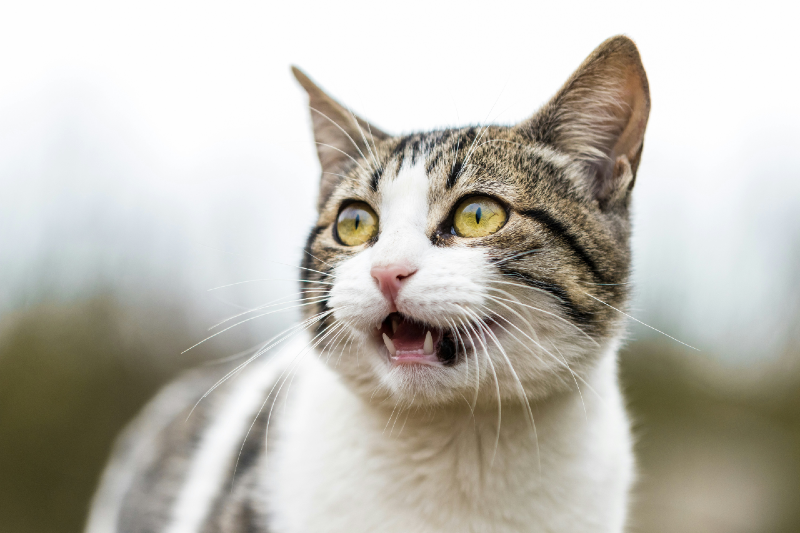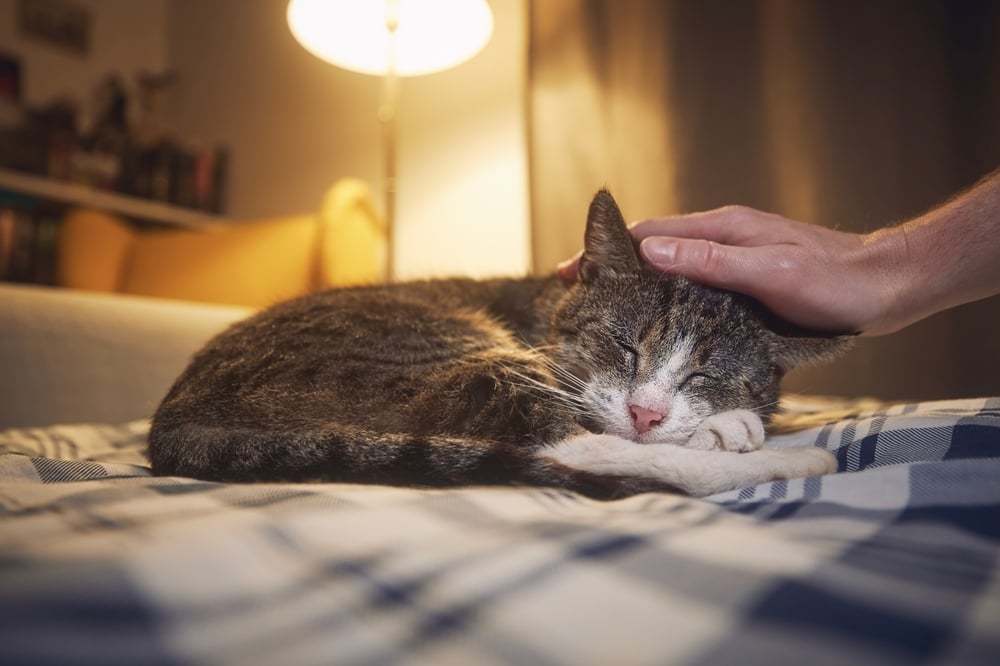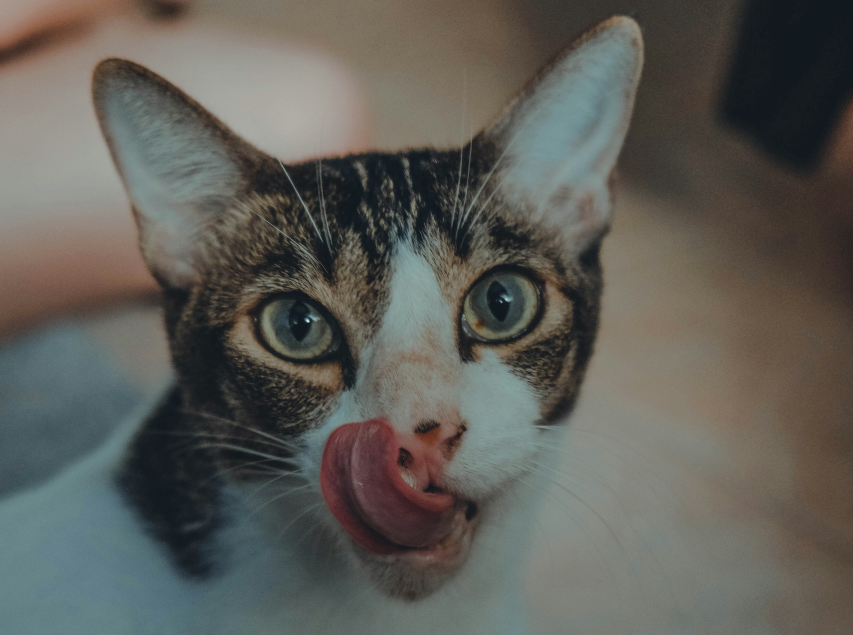
Turmeric is increasingly popping up in all kinds of things for cat parents, from lattes and smoothies to teas and mustard.
This is not only due to its unique taste, which graces all manner of dishes from curries to soups, but also due to its health benefits. Turmeric root has been shown to reduce inflammation in humans suffering from conditions such as arthritis or colitis, as well as being rich in phytonutrients 1. It’s used to aid a number of health complaints, including skin complaints, digestive problems and respiratory issues2.
So it makes sense that a plant that benefits human health might also benefit feline well-being…
The benefits of turmeric for cats
Firstly, it’s important to state that turmeric is safe for cats to consume in small quantities and is not toxic. As with any food or supplement, it’s important to feed your cat the right quantity — if in doubt, check with your vet.
Turmeric’s health benefits are derived from its active ingredient, curcumin. This has antioxidant benefits that include protecting cells from damage and boosting your cat’s overall health.
In addition to this, like with humans, turmeric can help with inflammation, aid liver function and boost immune system strength.
By consuming turmeric, cats can potentially see benefits to the following health conditions:
- Arthritis
A common issue for older cats in particular, arthritis affects joints as cartilage begins to wear away. Studies3 on animals found that turmeric could be used alongside other osteoarthritis treatments to help reduce inflammatory markers, but it concluded that further research on the subject is required.
- Heart health
Some studies4 have looked at how curcumin helps protect against oxidative stress in human heart disorders and found that it has a positive effect. As yet, there have been no studies specifically on cats to find out how it affects their hearts.
- Immune system strength
As it contains antioxidants, turmeric is believed to be a great antioxidant for cats, helping boost their immune system and fight off viruses and bacteria.
- Digestive system
A study in mice5 found that turmeric supplementation helped in the removal of parasitic worms from their intestines.
- Circulatory system
Studies6 have shown that curcumin aids healthy blood flow in adult humans, which helps deliver oxygen around the body.
In addition, a 2011 study7 found that supplementation of curcumin to obese cats helped reduce inflammatory markers, as well as aiding liver function.
And another study8 of the effects of turmeric’s active ingredient curcumin on humans and dogs found anti-cancer, anti-inflammatory and antioxidant effects as well as being effective in the treatment of central nervous system and metabolic disorders.
However, this study also found that excessive use could lead to side effects, including gastrointestinal problems or anaemia.
As with any natural remedy, however, we’re compelled to highlight the fact that many of the benefits of turmeric are anecdotal rather than clinically proven, and there are limited studies into the health benefits of turmeric for cats (some of which we have highlighted in this article).
How can you give turmeric to cats?
If you intend to give turmeric in any form to your cat, we highly recommend speaking to your vet first.
There are a number of ways to give turmeric to your cat. After checking with your vet, you can add turmeric powder to your cat’s food (although if opting for this, it should be a small amount and you should consult with your vet about the exact amount to give to your cat), give them turmeric supplements, treats that contain turmeric or cat food with added turmeric.
- https://www.hopkinsmedicine.org/health/wellness-and-prevention/turmeric-benefits#:~:text=%E2%80%9CLike%20other%20colorful%20plant%2Dbased,as%20cancer%20and%20heart%20disease ↩︎
- https://resources.integricare.ca/blog/turmeric-for-cats#:~:text=improve%20overall%20health.-,Is%20Turmeric%20Safe%20for%20Cats%3F,right%20choice%20for%20your%20pet ↩︎
- https://ajtcvm.scholasticahq.com/article/83386.pdf ↩︎
- https://www.sciencedirect.com/science/article/pii/S0753332220314074#:~:text=Numerous%20investigations%20have%20indicated%20the,been%20indicated%20in%20several%20studies ↩︎
- https://pmc.ncbi.nlm.nih.gov/articles/PMC5756309/ ↩︎
- https://pmc.ncbi.nlm.nih.gov/articles/PMC5310664/ ↩︎
- https://pubmed.ncbi.nlm.nih.gov/22005428/ ↩︎
- https://pmc.ncbi.nlm.nih.gov/articles/PMC10572432/ ↩︎
We uphold the highest editorial standards when creating the authoritative content pet parents rely on and trust.
Every piece of clinical content on the Cat Food Advisor is reviewed by our certified Veterinary Advisory Board, which consists of licensed veterinarians and medically certified specialists.
Our reviews are completely independent; we are not paid by any pet food company to promote their products favorably. We do not accept money, gifts, samples or other incentives in exchange for special consideration. For more information see our Disclaimer & Disclosure page.




